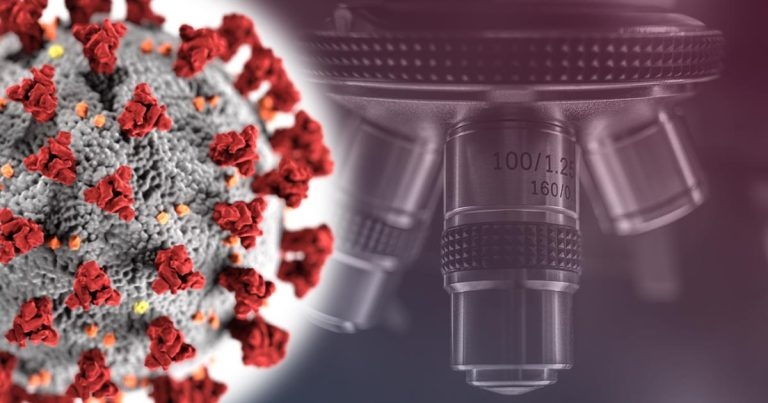1 Jul 2020
Pirbright hopeful the first doses of a human vaccine will be available by the end of the year as research finds two doses of vaccine boosted antibody response in pigs.

Veterinary scientists involved in a unique one health collaboration are hopeful the first doses of an effective human vaccine for COVID-19 can be delivered by the end of the year.
Last week, The Pirbright Institute revealed it had used two doses of the ChAdOx1 nCoV-19 vaccine to boost antibody and T cell responses in pigs – a “significant step” as the UK races to find a way to stop the killer coronavirus.
Pigs are often used as a model for human vaccine research and the latest work by Pirbright is providing vital insights for human trials of the vaccine that have already begun.
The UK leads the way when it comes to finding a viable vaccine for COVID-19, which has so far claimed more than 40,000 lives across the country.
Other trials are under way, but the trials are weeks behind those for ChAdOx1, which was created at the University of Oxford and is being re-engineered to protect against COVID-19 by The Jenner Institute, a unique partnership between the university and Pirbright.
Pirbright director Bryan Charleston said: “Results showed that two doses of the ChAdOx1 nCoV-19 vaccine elicits a significantly greater antibody response in pigs. The researchers saw a marked increase in neutralising antibodies, which bind to the virus in a way that blocks infection.
“It is not yet known what level of immune response will be required to protect humans against SARS-CoV-2.
“Vaccine efficacy trials are under way in humans, and if the result is lower than hoped for after a single dose, it is important to know if giving two doses could result in a greater immune response, which could then be more protective.”
As the vector platform is well understood by the team at The Jenner Institute, it will be possible to produce large volumes of the vaccine quickly – a vital factor for controlling the pandemic and limiting the impact of future outbreaks.
Prof Charleston: “This is a product we know we can manufacture at scale – something that is not the case with some of the other vaccine candidates being worked on around the world.”
He added: “There is every likelihood we will see good immune responses against COVID‑19 in humans, too, and we are hopeful the project will have some doses available by the end of the year.”